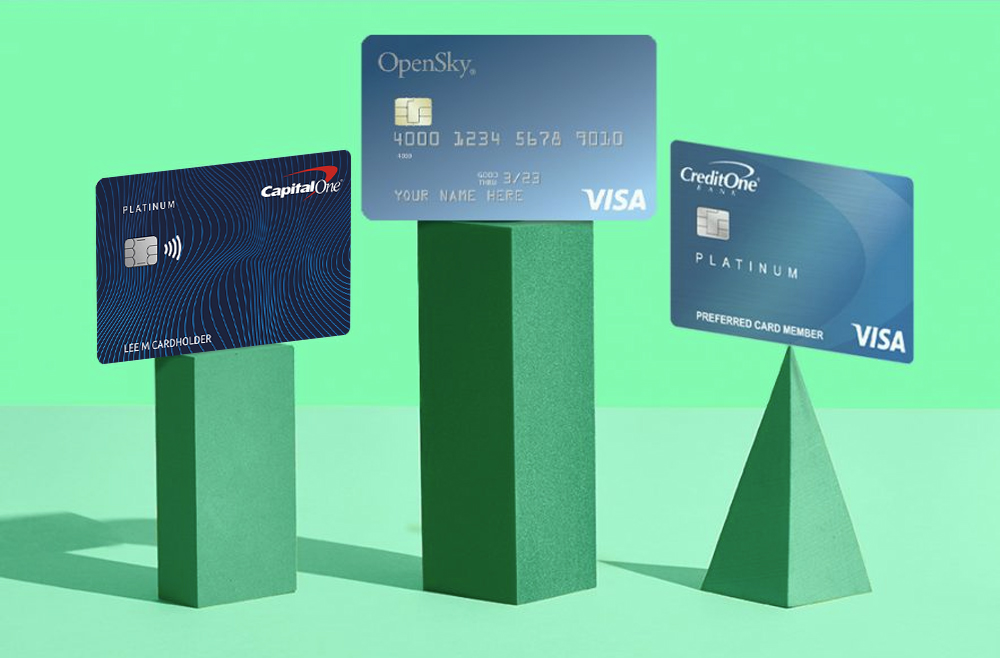
There are many distinctions between a report and a Credit Score. The credit score is calculated based on your credit activity, while your report contains details about your payment history. We'll be discussing the differences in these two documents and their similarities. This article will also help you understand the importance of your payment history to your credit score. Continue reading to find out more. Below are the key differences between credit scores and credit reports.
Differences between a Credit Score and a Credit Report
Credit scores are something you may have heard about, but don't know how to interpret them. There are some key differences between a report and a score on your credit card. Your credit score is a numerical analysis of your financial history that is based on your past behaviour. A credit report can provide a more detailed overview of your financial situation, but a credit score is a single, standard number that lenders use when deciding whether you're a candidate for credit.

Credit reports reveal a borrower’s past history of borrowing money, and how they have repaid it. Lenders use credit scores to assess a borrower’s creditworthiness. Your credit report contains information about your accounts as well their age. Negative information, such delinquent payment history, may also be included in your credit report. Credit scores are generally good to excellent, but they can vary wildly.
Information contained in a credit report
A credit report contains information about your financial history. It includes information such as how much you have borrowed, repaid and how many accounts you have opened or closed and whether you have had delinquent payment. It also includes whether you have ever applied for or received credit. This information can remain on your report for years. This information is used to determine whether you are eligible for credit. Your landlord or employer can also request a copy.
Your payment history is one important piece of information on a credit card report. This includes any accounts that were opened during the past seven to ten-years, and joint accounts that have been authorized users. Your credit history also includes your repayment history, including installment loans and credit cards. Additionally, any judgments or taxliens will be listed on your credit report.
Credit score and impact of payment history
When it comes to your credit score, one of the most important factors is your payment history. Late payments can cause financial problems and may be on your credit report for seven years. One or two mistakes might not negatively affect your score. However, multiple late payments could have a significant impact on your score. Your payment history is a record of your on-time and late payments on all your accounts, including credit cards, personal loans, and lines of credit. Your payment history informs lenders about your likelihood of defaulting on your accounts.

FICO's 35% figure is only a guideline. Your actual impact might be greater or smaller. If you have limited credit history, a few late payments could have a greater impact than a long history of timely payments. In such cases, refinancing your current loan could be the best option. Refinancing an existing mortgage could improve your credit score. If you are concerned about your credit score refinancing a loan for a home or vehicle is a good option to fix it.